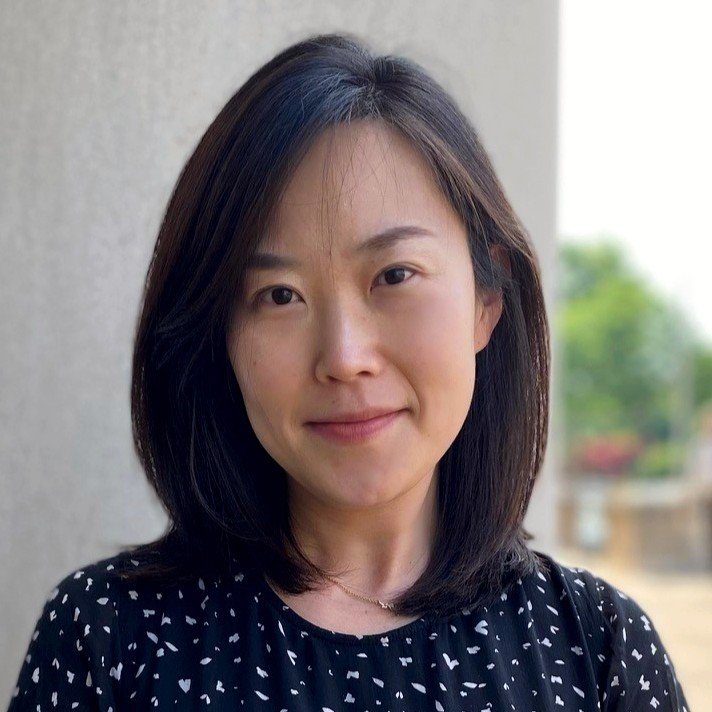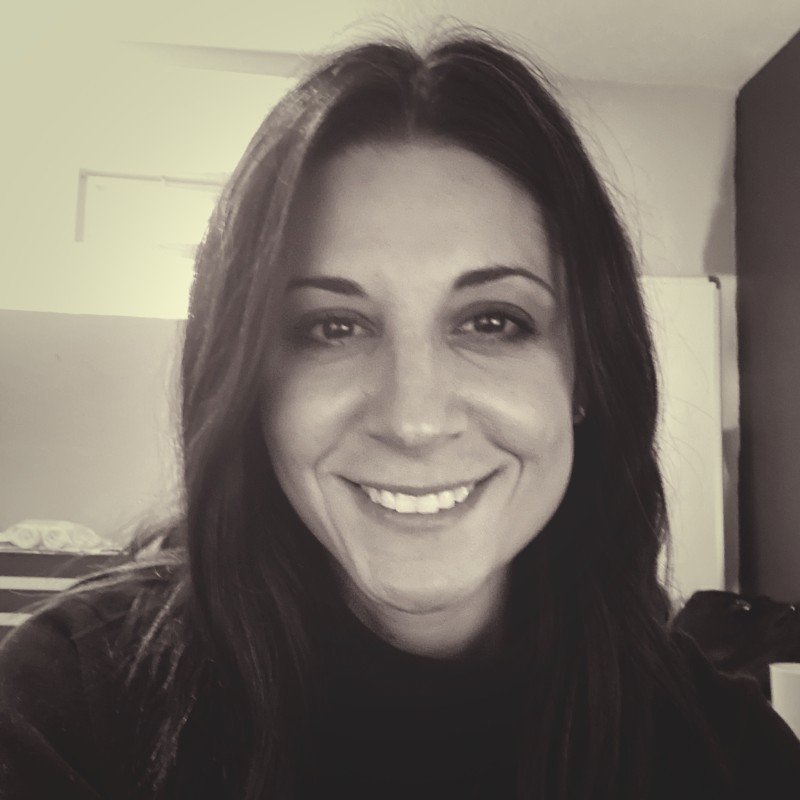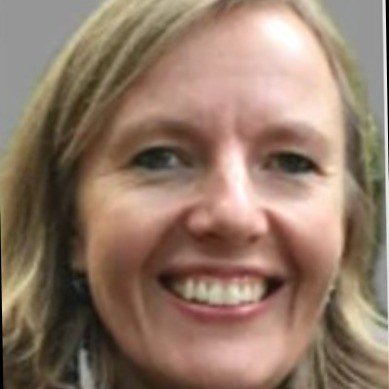Female-Driven Fireside Chat Discusses Career Paths Beyond the Bench
For those in academia who were particularly interested in learning more about switching to an industry job in life sciences, we teamed up with some incredibly accomplished women in the workspace to discuss career transitions and aspirations at a Fireside Chat.
Hosted by Women In Bio (WIB) - Pittsburgh and PDMA - Pittsburgh, we invited over 65 individuals to come to Bridgeside to network with professionals and join in on an inspiring panel discussion surrounding career paths in product development and management. After some light snacks and beverages, attendees took seats while the following women went to the front of the room for the discussion to begin:
Andrea Joseph Ruttenberg, PhD, Moderator
Associate Principal, Applied Marketing Science
President, PDMA Pittsburgh Chapter
Yelina Kim
Product Manager, Techcyte
Chelsea Merkel, PhD
Product Manager, Revvity
Lindsy Thomas Bartoleit
Sales Marketing Manager, Cook MyoSite
Linda van Roosmalen, PhD
Principal,LINC Design LLC
The next 45 minutes consisted of some incredible topics, much akin to our Academia to Industry Power Meal we hosted last summer, as transcribed below:
Andrea: What do your day-to-day lives look like? What is your job?
Yelina: I can confidently say that most product managers would agree that their days are filled with meetings…with clients, partners, regulatory or sales teams, user experience teams and alignment meetings with various people. I spend lots of time scheduling and prepping for meetings and following up. Otherwise I work on planning for product development and overseeing some of our engineers' work. Probably one of the most important parts of the job that I don’t get to do a lot is actually working on prioritizing projects and initiatives.
Linda: When I was at Pitt, I was part of a research center, so if you do product developments, you want to be able to write a proposal to somebody and put together slide decks to be reviewed by others. Another big thing is networking and working with industry partners or small design companies and collaborating with external firms to set up legal agreements, etc. A lot of administrative stuff on top of the fun ideations, sketching, and brainstorming with others. One of the fun things for me is to get together with colleagues for brainstorming sessions.
Andrea: I’m curious to know, what type of people do you think would like working in product, and are there any specific skills or talents that people who are good in product tend to have?
Chelsea: I described it earlier as a “Chief Executive Cat Herder.” You sit at the interface between sales and customer, so it's the responsibility of the product manager to be aware of the market and what's the cool new thing that other companies like us are doing, and what are the pain points that my customer has, and then understanding what my product can do to answer those pain points. It's being able to switch the language between customer needs and product expectation – you need to be a good communicator and listener.
Lindsy: A general comfortability with ambiguity. My biggest challenge is trying to reach our people so they understand why what we’re doing is really important. Perseverance is needed.
Andrea: What’s the hardest part of your job? What keeps you up at night and keeps you thinking “I have to figure this out?”
Lindsy: Specifically with my role at Cook MyoSite, giving a branded name to a cell therapy is hard to call it a product in a way and that makes it hard to manage it. Those challenges could crush some people, or it could drive you forward down a path that few people have gone down.
Linda: My mind is always around problem solving, but I can’t say that because you basically get a “no” automatically, so you have to twist it around and say “Well what do you guys think?” and be quiet and listen and hear the whole room and try to morph some of your ideas in it.
Yelina: I have the opposite problem to Linda, I often find that in my meetings they expect me to listen to something and make a decision on the spot and once I feel like I know what we should do, it is hard to really defend my proposal when I know there are a lot of strong opinions that don’t necessarily align with my thinking. I tend to immediately respond to suggestions with a “yes” and I think that’s my biggest challenge in my role.
Andrea: I really appreciate the vulnerability and authenticity. Hearing different perspectives is so helpful to relate as a human. Chelsea, what would you add?
Chelsea: You have a lot of responsibility over the success of the product, but you have no ownership over how that product succeeds. All I truly control is what the price of the product is, but that is hardly the most important factor. It is a role where you have to influence other individuals into your line of thinking, but you have no ability to enforce that whatsoever. It can be very frustrating and challenging at times.
Linda: (in response to Chelsea) It requires a process. If you have a process in place that guides you through product development and problem solving it makes it much easier to get people on board.
Andrea: So, if you haven’t scared some people away who are interested in product, what’s your advice for someone who wants to be where you are, or how does someone get to where you are?
Lindsy: Honestly, the role that you want might not be the role that’s right in front of you, but I think we can all agree that in our various roles around this product, that the collaboration should be closely knit.
Linda: I also think that you have to glue yourself to a mentor in your organization that you really love working with. I had a professor that I was close with who knew someone at the University of Pittsburgh and got a scholarship because of that connection. It’s about talking to the people who you think support you and can help bring you to the next step and seize opportunities. Linkedin is also a great place to network and find jobs.
Andrea: One thing that I’ve seen with younger people thinking that they need to transition is that they feel like they need to get some certifications and additional degrees. What is your take on that? Are there certifications that people should think about or classes, or is it just applying, finding your mentors, and being on LinkedIn?
Yelina: I don’t have any certifications. For me, when I wanted to transition to a product role it was really hard and I have to agree with Linda that it’s really about who you know. I had applied for hundreds of jobs and had three good leads, all because it was a referral by someone.
Andrea: I’ve heard several of you talk about mentors and the importance of networking so even events like this are good for that. Obviously we’re here because you’re women, so I’m wondering if you’ve faced any career challenges or issues because you’re women, and if so, how have you overcome them?
Linda: There are definitely challenges as a woman in industry, especially in engineering. And sorry guys, there are a lot of alpha males that think the old fashioned way. Sometimes you cannot change who you are working with, and that gives you a signal that either you can suck it up, or you can leave to be happier somewhere else.
Yelina: when I was thinking about this question, I realized that I can’t even really articulate the challenges that I experience as a woman in my professional life. It’s hard to describe it and for me, being a woman and coming from a different cultural background, I’m introverted. Sometimes I go to meetings and everyone is vocal and aggressive and sometimes I realize that I can’t get a word in. I’m not sure how to overcome it yet. I haven’t figured it out, but one thing I find very helpful is having a network of colleagues that you can talk about these issues with and having someone else validate your feelings is so helpful.
Chelsea: At my previous company I was often the only woman in the room, and would come out of a meeting thinking “Was I spoken over because I’m a woman, or was my idea bad?” and ruminate on it. I understand that everyone is not in a privileged position to be able to leave their job.
Immediately following, the floor opened up for a Q&A session from the audience and a happy hour.
In addition to hearing honest insight from female professionals in the industry, it also allowed other participants to better understand different career paths taken and seek advise from those who lived it. And that knowledge is invaluable.









